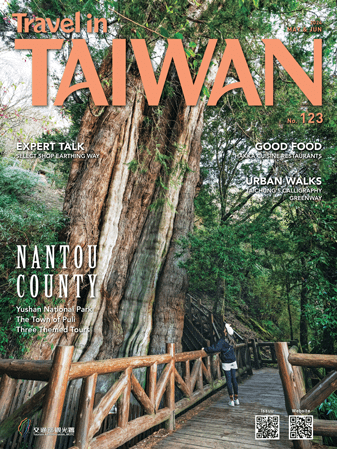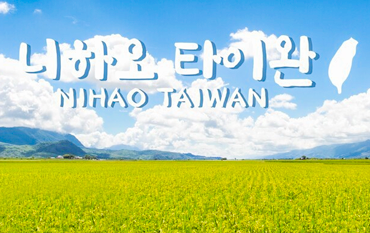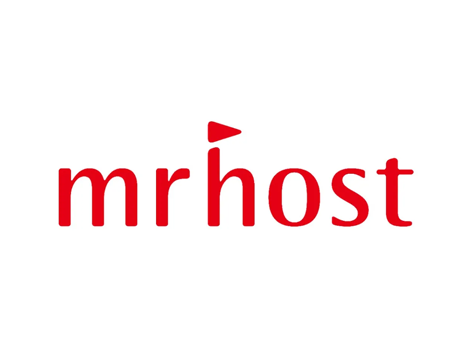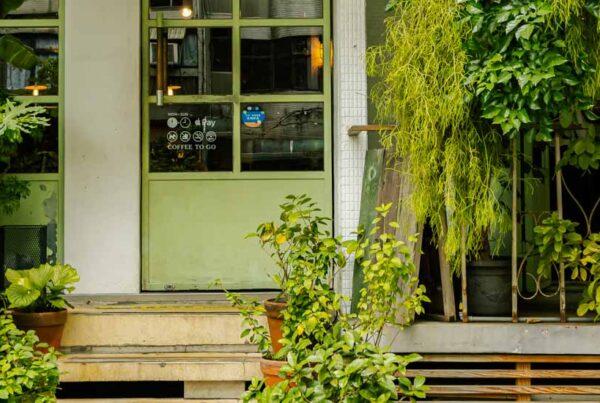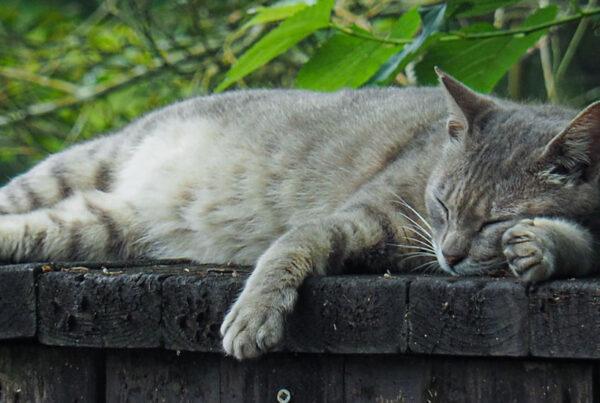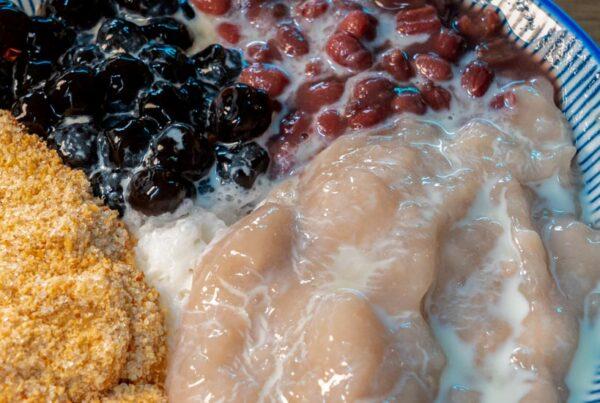Strawberry Picking and Other Farm Fun in Taipei’s Neihu District
TEXT / OWAIN MCKIMM
PHOTOS / CHEN CHENG-KUO, VISION
Winter in Taiwan is strawberry season. Beginning in December, the farms nestled in the hills of the northeast part of Taipei City blush crimson with the year’s harvest, attracting families eager to exchange the city’s bustle and seasonal drizzle for a far more bucolic environment and fill their punnets to the brim with sweet, juicy, ruby-red fruit.
Strawberry Farming in Taiwan
Strawberries are not native to Taiwan, but were in fact introduced by the Japanese in 1934 when the island was a colony of the Japanese empire. Initially, the strawberries grown on the island were not considered abundant or high-quality enough to sell directly to consumers, and were instead largely used in processed goods, such as jams and vinegars. In the late ’70s, however, “U-pick” strawberry farms began to gradually take off. These were given something of a boost in 1985 with the introduction of a new cultivar from Japan – the “Toyonoka” – which, more adaptable to Taiwan’s climate in more northerly areas, produced higher yields of large, hardy, sweet berries ideal for visitors to pick themselves. Even today, many of Taiwan’s locally developed cultivars are descended from this ’80s sensation.

Ask anyone in Taiwan which area of the country is synonymous with strawberries and the answer you will undoubtedly get is Dahu Township – commonly known as Taiwan’s “Strawberry Kingdom.” And it indeed deserves the name, as over 75% of Taiwan’s strawberries are grown there. However, for Taipei-based day-trippers, Dahu – situated in rural Miaoli County in north-central Taiwan – is not the most convenient destination to reach by public transport. Fortunately, there is an option far closer at hand, in the foothills that rise between Yangmingshan National Park and the urban flatlands area of the eastern Taipei district of Neihu. Here, during the harvest season (which runs roughly from December to May), the avid strawberry picker will find plenty of leisure farms offering U-pick experiences, along with hands-on DIY activities that make use of the fruit as well as locally produced strawberry cuisine.
Visiting the Nong Yi Jhan Farm in Neihu
The strawberry farms of Neihu are largely concentrated in a cirque in the hills known as Baishihu (lit. “White-Stone Lake”), once known for its rice and tea cultivation, which went back as far as the Qing Dynasty. Over the generations, as the number of local farmers left to seek their fortunes in the big city, the area gradually fell into a kind of decline. When the self-pick strawberry trend took off in the 1980s, however, many of the remaining farms decided to adopt the crop, bringing life and business into the area once again. And, thanks to the amicable climate (the area has an elevation similar to that of Dahu Township), including a large temperature drop between day and night – a factor which aids sugar development in strawberries – these recreational strawberry farms have thrived.

One of the farmers pushing the area’s reputation as an in-city agro-tourism destination is the chairperson of the Taipei City Recreational Agriculture Development Association, Lin Tsui-e, a fourth-generation farmer who, along with her two sisters, operates Nong Yi Jhan Farm, which specializes in small-scale organic production of strawberries as well as other crops such as garden vegetables and honey. “We have been growing strawberries here since the early eighties” Lin says, “but after my father passed away thirty years ago, we scaled back operations and only grew enough produce to feed ourselves.” About a decade ago, after one of her sisters recovered from a serious illness, the three decided to take an extended break to travel the world, during which they discovered the growing worldwide popularity of organic farming. “When we returned from abroad,” Lin says, “we decided to make a go of it. We had this land, we had our health – it seemed like an opportunity to foster a positive relationship with the environment.” Lin, as the eldest, took charge of the business, while her sisters – one passionate about agriculture and the other about food – began researching organic methodology and ways to incorporate their crops into cuisine.




Today the farm is a small but busy operation with a large activity and food preparation area that looks out onto a packed garden full of carrots, scallions, radishes, and a variety of lettuces and herbs, as well as several beehives. During strawberry season, two adjacent greenhouses with growing tubs stacked on racks for ease of picking provide a small but high-quality yield of organic strawberries four times per season.


Fun at the Farm
As the farm has a relatively small yield compared to some nearby operations, U-pick activities are only available on weekends, and those wanting to pick the farm’s strawberries should call ahead to make a reservation to ensure that there are sufficient ripe ones available. The main cultivar grown at the farm is the Neihu No.1, a hardy, long-lasting variety that produces firm, plump berries more resistant to bruising than other cultivars, one jin (600g) of which is priced at NT$600 – admittedly a little pricier than other Neihu farms, but such is the cost of small-scale organic farming.

For those wanting to flex their culinary muscles, a number of DIY activities are also on offer, which include making rustic strawberry jam and vinegar, strawberry-infused fortune cakes (sticky, steamed cakes eaten during Lunar New Year) and strawberry-flavored tangyuan (a winter dessert consisting of chewy glutinous rice-flour balls served in a hot, syrupy soup).



Should you miss the strawberry season, the farm continues to operate year round, offering activities based on whichever crop is in abundance at the time. The roselle harvest, for example, follows closely on the heels of strawberry season, while scallion picking (and the making of scallion pancakes) is a year-round favorite. Prices for the activity packages can be discussed on the phone with Lin and vary depending on each group’s preferences and requirements.

Nong Yi Jhan Farm, along with the many other strawberry-growing operations in Neihu, is easily accessible by public transport from Taipei. Visitors can take the MRT to Neihu Station on the Brown Line and transfer to the regular Taipei City Bus S2 to Baishihu, roughly 2km away.
Nong Yi Jhan Farm (農驛棧農場)
Add: No. 45-8, Bishan Rd., Neihu District, Taipei City
(台北市內湖區碧山路45-8號)
Tel: 0912-472-001
Website: lintsuiling.blogspot.tw (Chinese)

About the author






